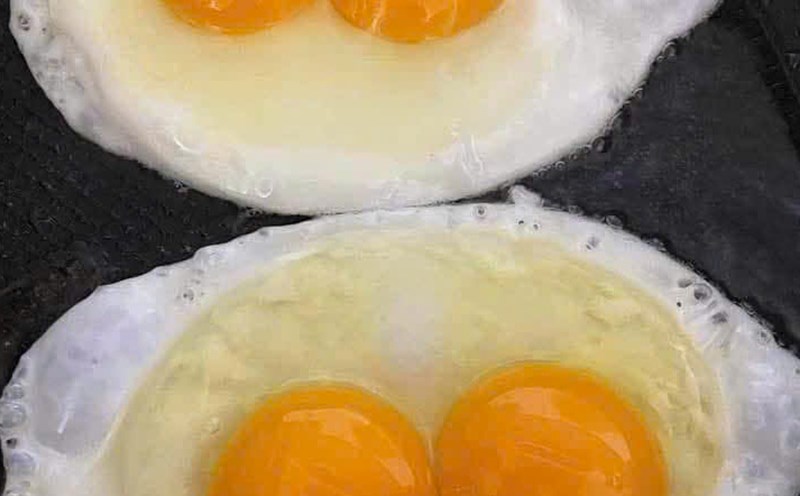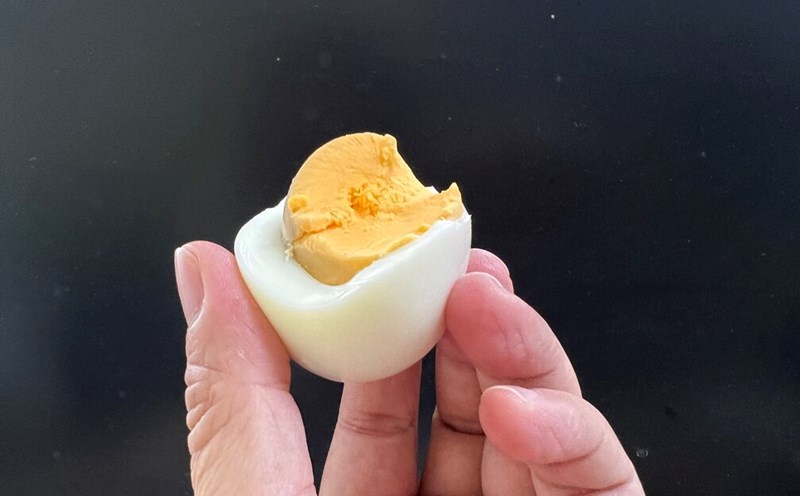Many elderly people often feel lack of energy when walking or breathing quickly when climbing stairs. The main cause is muscle atrophy. To maintain muscle, in addition to exercise, it is also necessary to supplement enough protein.
Eggs are a source of protein with high biological value, easy to absorb, helping to restore and synthesize musculoskeletal. For the elderly, eating eggs in moderation every day can limit muscle loss - a "silent degeneration" in old age. Long-term lack of protein and vitamin D also leads to muscle atrophy, osteoporosis and reduced mobility.
Although the vitamin D content in eggs is not high, the body absorbs it more easily than supplementation. The protein and vitamin D in eggs also help strengthen bone and muscles, reducing the risk of falls.
Not only are eggs good for muscles, they also support the eyes. As they age, many people experience prime-time depravity and poor vision. Carotenoids such as lutein and zeaxanthin in eggs, dissolved in fat, are easily absorbed into the retina, thereby protecting eyesight better than some other foods.
Eggs are also beneficial for the brain. Many elderly people experience memory loss and slow reaction due to impaired neurotransmitter transmission. The choline in eggs is a synthetic ingredient of acetylcholine - an important substance in the functioning of nerve cells. Long-term choline supplementation helps slow cognitive decline. Therefore, some memory support products often supplement phosphatidylcholine - an ingredient available in eggs.
Unlike walnuts or fish oil, which only provide fat, eggs have a direct impact on the nervous system. In other words, eggs not only nourish the brain but also help it function more effectively.










